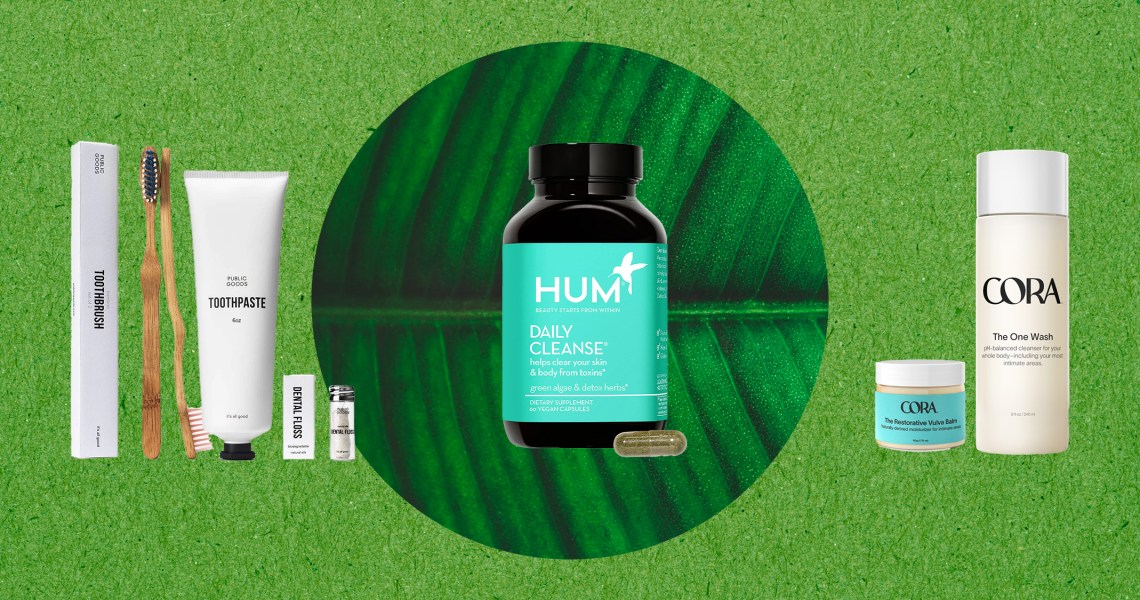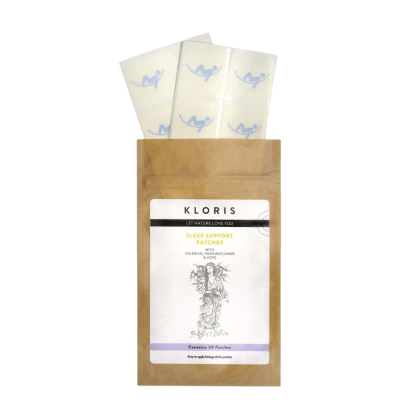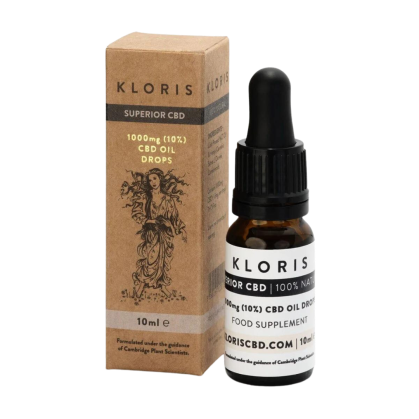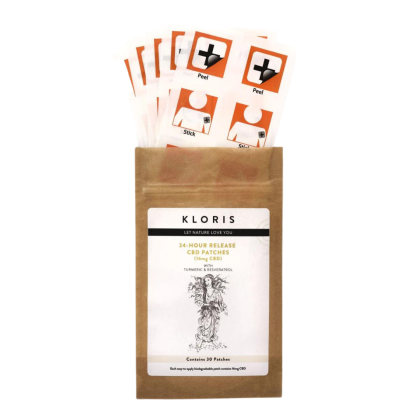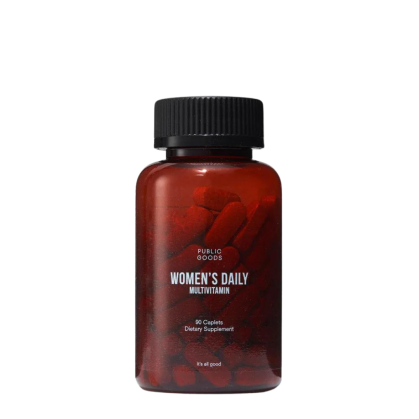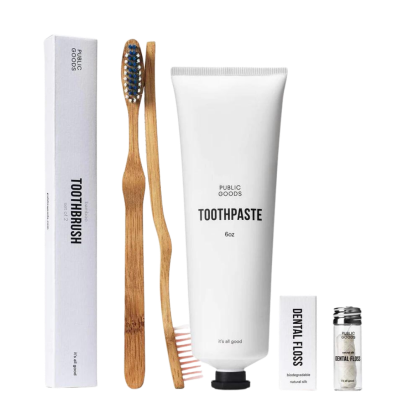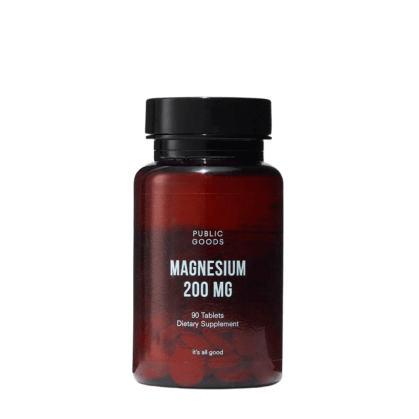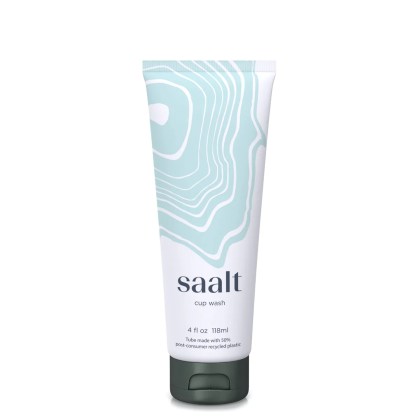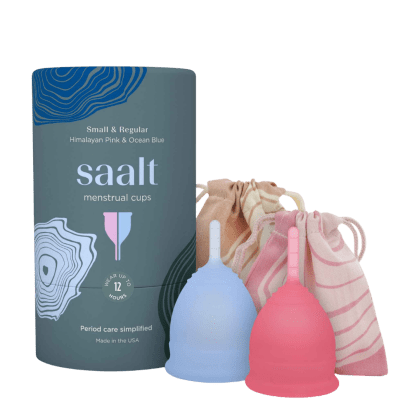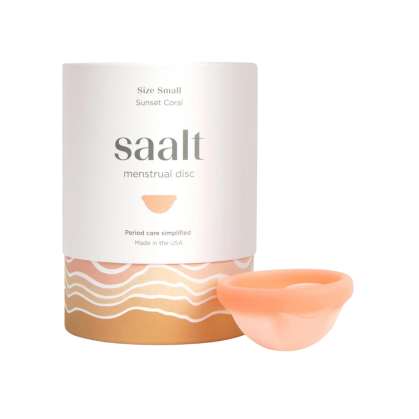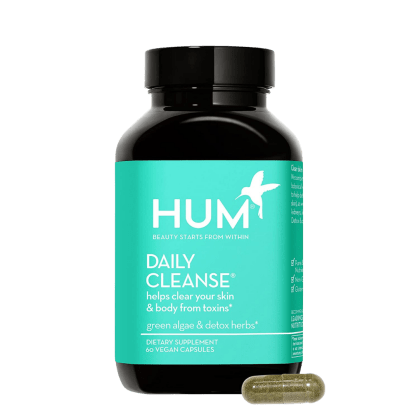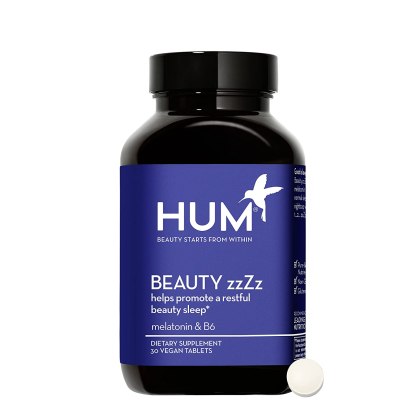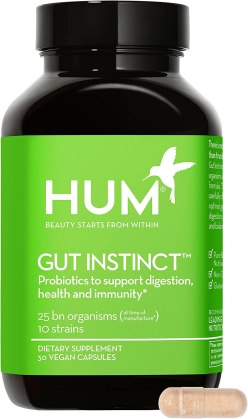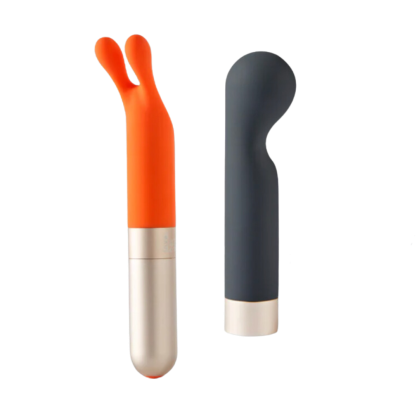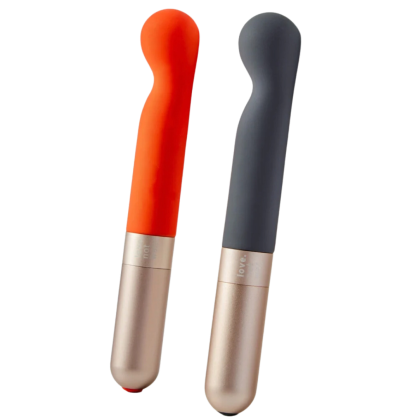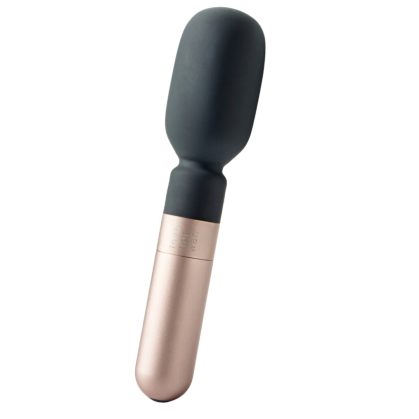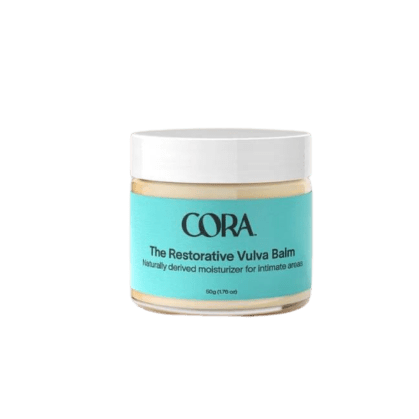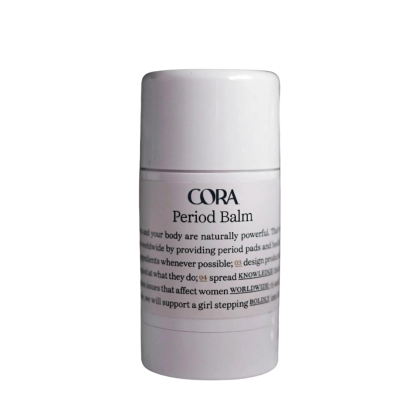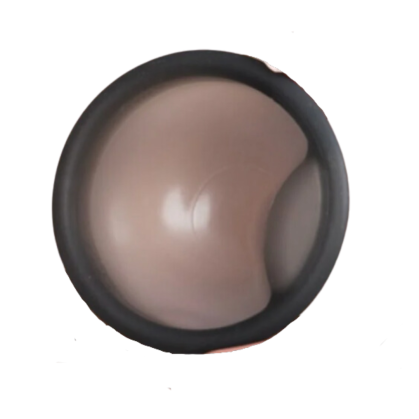All products featured on Glossy Pop Shop are independently selected by our editorial team. However, when you buy something through our retail links, we may earn an affiliate commission.
Wellness brands are getting in on the sustainability movement.
In 2017, Unilever released a report revealing that a third of its consumers preferred sustainable brands. In Unilever’s case, the data also showed that its owned brands that had integrated sustainability into their products and purposes were driving nearly half of the company’s global growth.
“This research confirms that sustainability isn’t a nice-to-have for businesses. In fact, it has become imperative. To succeed globally … brands should go beyond traditional focus areas like product performance and affordability,” Keith Weed, Unilever’s chief marketing and communications officer, said in the report. “Instead, [companies] must act quickly to prove their social and environmental credentials and show consumers they can be trusted with the future of the planet and communities.”
As the wellness and sustainability landscapes have evolved, so have consumers’ demands. According to a September 2022 article from McKinsey & Company, wellness is a growing priority for consumers and investors. In 2020, the health and wellness market size worldwide was estimated to be over $4.3 trillion, and by 2025, Statista predicts the market value to reach nearly $7 trillion.
With the wellness market growing at an unprecedented rate, industry trends are quickly transforming, as well. What was once considered sustainable wellness is now dubbed “eco-wellness,” described as “a sense of appreciation, respect and awe of nature that can contribute to holistic wellness.” And the demand for eco-conscious wellness brands, from brands using organic ingredients to brands contributing to environmental causes, is at a high.
Below is a handful of eco-friendly wellness brands worth supporting this Earth Month.
Kloris
CBD may not be a new product in the wellness category, but Kloris CBD is introducing sustainability to the mix. Through minimal packaging and naturally sourced materials, Kloris places sustainability and ethical business practices at the heart of what it does. Founded in 2018 by Kim Smith, Pedram Mehrshahi and Matt McNeill, the brand’s mantra is “Let nature love you.”
Public Goods
A tree planted with every order made on Public Goods, plus all the brand’s products are 100% sustainable. Public Goods, founded in 2017 by Morgan Hirsh, is now working toward decreasing its carbon footprint by offering carbon-neutral shipping and avoiding toxic chemicals.
SAALT
Like many period care brands, SAALT is working to make feminine care more accessible to those around the world. The brand, co-founded in 2016 by Cherie Hoeger, is also the world’s first period-care brand to certify as Plastic Negative. Not only is SAALT making an impact through its products, but it’s also funding direct cleanup efforts to reduce single-use period products from landfills and oceans.
Hum Nutrition
Founders Chris Coleridge and Walter Faustroh understand that wellness is important for consumers and the well-being of the planet. That’s why every Hum product sold prevents 2-4 plastic bottles from entering the ocean, according to the company. With the ambitious goal of eliminating all single-use plastic by 2025, the 11-year-old brand is one to support.
Love Not War
While pleasure is important, the earth comes first. That’s according to Love Not War, a 2-year-old brand founded by Will Ranscombe, which claims to sell the world’s first sustainable sex toys.
Cora
Made with 100% organic cotton and reusable products, period-care brand Cora Organics is at the forefront of sustainability. Founded in 2015 by Molly Hayward, the brand recently obtained its B Corp certification and is working to make its organic period care accessible globally.
Shop more Pop-approved products at the Glossy Pop Shop, here.

